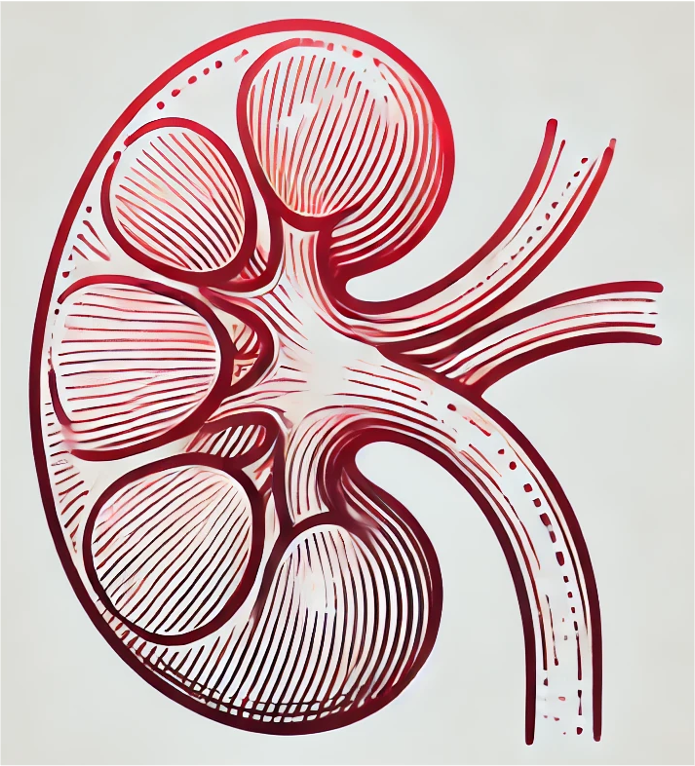Description
Inflammation is a key component of fibrosis, however, the immune processes that orchestrate kidney fibrosis are poorly understood. By performing single-cell sequencing of a mouse model of kidney fibrosis, we identified a subset of kidney tubule cells with a profibrotic-inflammatory phenotype, characterized by the expression of cytokines and chemokines associated with immune cell recruitment. Receptor-ligand interaction analysis and experimental validation indicated that CXCL1 secreted by profibrotic tubules recruits CXCR2+ basophils. In mice, these basophils were the key source of IL-6 and were responsible for the recruitment of Th17 cells. Genetic deletion or antibody-based depletion of basophils resulted in reduced renal fibrosis. Human kidney single-cell, bulk gene expression, and immunostaining results validated the role of basophils in patients with kidney fibrosis. Collectively, these studies identify basophils as key contributors to the development of renal fibrosis and suggest that targeting these cells may be a useful strategy for the management of chronic kidney disease.
Overall Design
Single cell and bulk transcriptome analysis of unilateral ureter obstruction kidneys
Curator
xm_li
